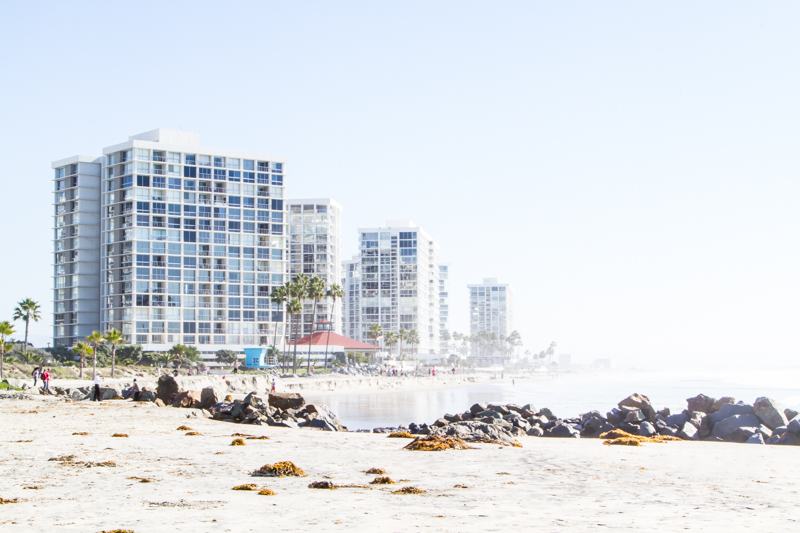PROP 11
PROPOSITION 11 — AMBULANCE WORKER BREAKS
A YES vote here would allow private sector ambulance providers to require their workers to be on call during their breaks, and if called during a break, would receive additional break time to compensate for time lost. Workers would be paid their regular rate during break time, and the measure would prevent providers from scheduling meal breaks closer than two hours apart or from scheduling meal breaks in the first or last hour of a shift.
In addition, a YES vote would require additional training (active shooter, natural disaster, etc.) for ambulance employees, and would require employers to provide more mental health services.
This proposition was placed on the ballot by petition signatures.
Yeah, I know—this seems really specific. Why is it on the ballot?
Because the state supreme court ruled in a 2016 case that security guards could not be required to be on call during their breaks according to state labor law. When analysts realized that this ruling could be applied to ambulance workers, they concluded that a constitutional amendment would best remedy the situation.
Police, fire, and other first responders already spend their breaks on call, and it is industry standard around the country for EMTs and drivers to do the same, so far as I can tell. So this is meant to close a loophole specific to California, it would seem.
The sole backer of this proposition is the nation’s largest ambulance provider, AMR (American Medical Response). They have pushed $3.65M toward its passage (as of July). The state believes local municipalities will see costs go down because of it—why that might be, I can’t seem to divine.
A paramedic and an ER doctor helped write the argument in favor.
No money has been raised to oppose it, but my union, the California Teachers Association, is listed as the main opponent. But they did not even submit an opposing argument for the voters’ guide.
As of the end of September the editorial boards of the Sacramento Bee and the Monterey Herald have thrown their support behind it.
The San Francisco Chronicle opposes the measure because labor leaders fear that pending cases against AMR could be thrown out of court if it passes, and secondarily because there is no distinction between serious emergencies and a kid slipping on a banana peel.
Labor has taken a beating lately in federal cases. While I’m sure the CTA and other labor organizations would like to see grievances filed against AMR see their day in court, this proposition is a pretty common-sense measure. It makes no political sense to die on this hill.
My take, if you care:
As a public school teacher, if my employer requires something of me that falls outside my local union contract, my participation is voluntary, not mandatory, and I must be paid for it. I understand that annoys some people, but I can’t work any harder than I already do. If more is required of me, it will be addition by subtraction whether I get paid for it or not. That’s just the way it is.
But I am not an EMT or an ambulance driver. Their jobs involve a completely different set of challenges, some much greater, and some not even close. Example: I get no breaks at all unless I disappear for my lunch, which is impractical if I’m going to serve my kids to the best of my ability. So it does not seem unreasonable to me that ambulance workers should be paid to be on call during their breaks, and compensated justly. It’s the nature of their job. It seems to me that AMR, whatever their other sins may be, has helped to draft a proposition that’s fair.
#YesOn11 #Prop11




